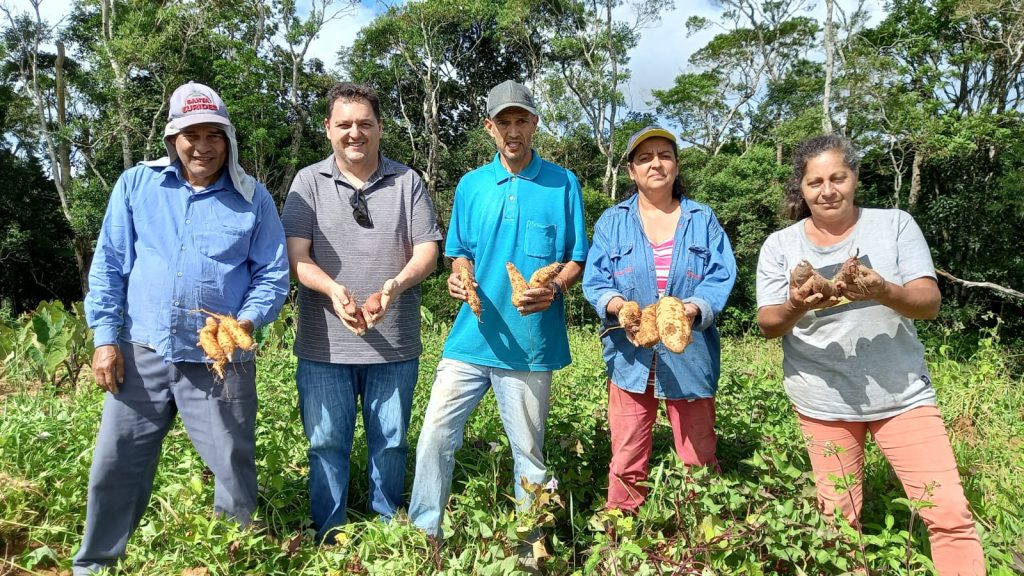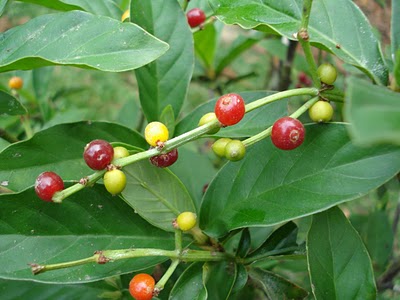Biofortified sweet potato: from the development of new cultivars to the consumer
Unesp and collaborators initiated a program to genetically modify sweet potatoes to combat Vitamin A deficiency in Brazil. The program involves selecting genotypes with higher beta-carotene levels and better agronomic performance, followed by testing the adaptability and stability of the selected genotypes under different climatic conditions. Finally, biofortified sweet potato cultivars were introduced to the population through educational programs and commercial cultivation.

Batata-doce biofortificada: do desenvolvimento de novas cultivares ao consumidor
A UNESP e colaboradores iniciou um programa para modificar geneticamente batatas-doces a fim de combater a deficiência de vitamina A no Brasil. O programa envolve a seleção de genótipos com níveis mais elevados de betacaroteno e melhor desempenho agronômico, seguida pela verificação da adaptabilidade e estabilidade dos genótipos selecionados sob diferentes condições climáticas. Por fim, cultivares de batata-doce biofortificada foram introduzidas na população por meio de programas educacionais e cultivo comercial.

Genetic improvement of sweet potato with a focus on biofortification
UNESP Center for Tropical Roots and Starches (CERAT) conducts extension activity with biofortified sweet potatoes in Quilombo Peropava (Registro-SP).

Digitalization of the JABU Herbarium.
The JABU Herbarium of the São Paulo State University – Unesp/FCAV has made its collection available remotely. The JABU Herbarium collection brings together samples of exsiccatae, a bank of tissues in silica gel, and liquid-preserved samples, mainly of angiosperms (flowering plants), totaling approximately 2,000 samples.

Genomics of the two main plant components of Ayahuasca tea
A recent research proposal, written by prof. Alessandro Varani, approved by FAPESP (#2022/10331-3), aims to unravel the genomic structure and evolution, functional and taxonomic diversity, and entheogenic potential.
